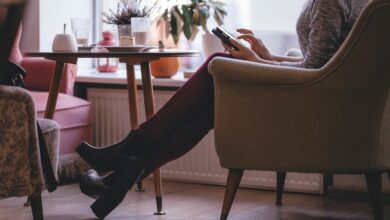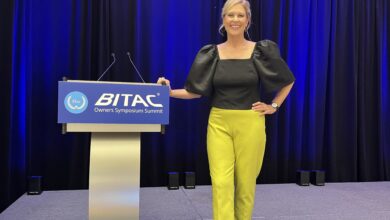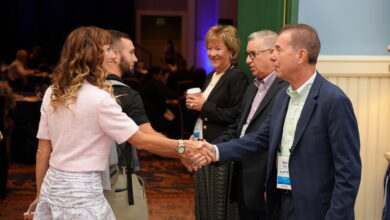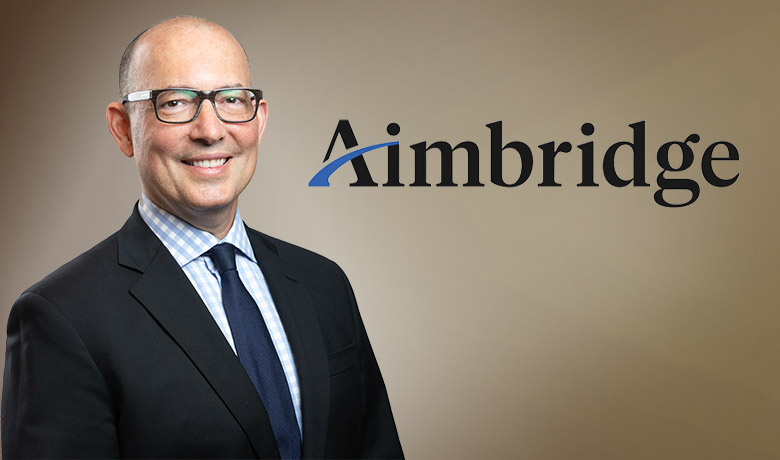Long-Term Effects Of Lockdown Measures
By Larry Mogelonsky | August 25, 2020
If ever COVID is put behind us once and for all – whether due to herd immunity or mass vaccination – the measures that our hotels have taken to stymie viral spread in the near-term may ultimately prove to be harmful to revenues come one or two years from now. Rest assured, this is a far-off look at the future and not for the present day; it’s something to be conscious of, though.
Supporting this opinion is the frame of mind that our customers come with when visiting a hotel. That is, outside of any group contract or corporate rate negotiations, leisure guests largely choose the properties they intend to stay at based upon emotional factors.
What this means for when non-staycation travel starts to ramp back up is that numerous guests will suffer from what is best defined as ‘post-COVID stress disorder’ (PCSD). And to alleviate PCSD or any other sanitization-related anxieties, hotels will need to be scrupulous in their approach to both guestroom and public area cleanliness. Most are already doing this quite well.
Measures to this effect might include, but are not limited to, having all employees wear the appropriate PPE at all times, extensive deep cleaning of every room after check-out, room occupancy buffers before the next check-in, taking visitors’ temperatures before entry, clearly marking off six-foot distances for waiting lines, putting hand sanitizer stations everywhere, removing magazines and other paper materials, erecting plastic barriers to cordon off certain areas, increasing the spacing between all dining tables, or many others.
Also at play here is what we’ve coined as ‘cleanliness theater’ to describe how cleaning activities that were normally done behind the scenes will now benefit from being completed in plain view of guests so as to further ameliorate PCSD by outwardly demonstrating that hotels are exceedingly vigilant in protecting everyone from viral particles. An easy example would be to send your custodians out to wipe down all the lobby furnishings both (conventionally) after midnight when the space is vacant as well as multiple times during the day when it’s busy.
Long after the pandemic has run its course, however, many of these COVID-specific safety protocols may switch from having a positive emotional effect – that is, relief, peace of mind and trust in the hotel – to a more negative sense because such measures serve as a stark reminder of all the hardships people have endured during this crazy period we can roughly outline as the spring and summer of 2020.
Take a moment and think about what the average person has gone through in just the past few months. Their stock investments have seesawed or are still in a nadir; they may have lost their job or been furloughed with no definitive timeline for when their salaries will be completely restored; they’ve been whipped into a frenzied panic by the media; or they’ve simply been in quarantine and isolated from the humanly bonds of friends and relatives.
When some semblance of normal comes back in 2021 or 2022, guests will want sparkling positivity from their hotel experiences and won’t want to be visually reminded of these dark, and frankly terrible, few months. In this sense, a front desk clerk wearing a face mask may trigger some guests while others may find it completely aggravating that the custodian is sanitizing the lobby couch around noon while they’re sitting nearby eating lunch. In other words, we will all want to ‘put the war behind us.’
These sorts of issues won’t be made apparent by online reviews or satisfaction surveys either because they are purely emotional without necessarily cuing the conscious brain. When asked about their experiences after the fact, such responses will be somewhat like, “You know, the hotel was fine, but it just didn’t do it for me; there was something off.”
At the more extreme end are those that are advocating for more robots in hotels to help create a contactless environment. These may indeed work for such basic tasks as room service delivery and to help reduce labor costs, but there is a tradeoff. To put it succinctly, the compromised factor is hospitality’s quintessential ‘service with a smile.’ Robots will never be able to fully replace our human teams because they cannot form emotional bonds with guests, thereby decreasing the customer’s positive sentiments for their hotel experience.
But look a bit closer to home. How can an employee build effective rapport with a guest if said customer cannot see the staffer’s smile underneath all that PPE? Face shields and plastic dividers are also barriers for true rapport development – even though they are transparent, they nonetheless inscribe a psychological boundary. And on a side note, how many of us will want to continue to wear face masks all day long? This could end up being highly demoralizing for your staffers.
Obviously, this distant prediction of a backfire will first need to go through the necessary growing pains of intensive post-COVID procedures in order to regain the public’s trust. But please also recognize that many of these viral safety protocols may slide in importance after some time, as long as there is no full-fledged second wave as many have cautioned.
Smart hoteliers will thus take all the proper steps to ensure visitor safety in the near-term, while also being mindful that many of these steps are ultimately provisional in that guests won’t want to see any such mementos of the pandemic after a year or so has passed. It’s a balancing act, and we all must stay on top of how guest demands are changing in the face of this extraordinary event.






Get involved!
Comments